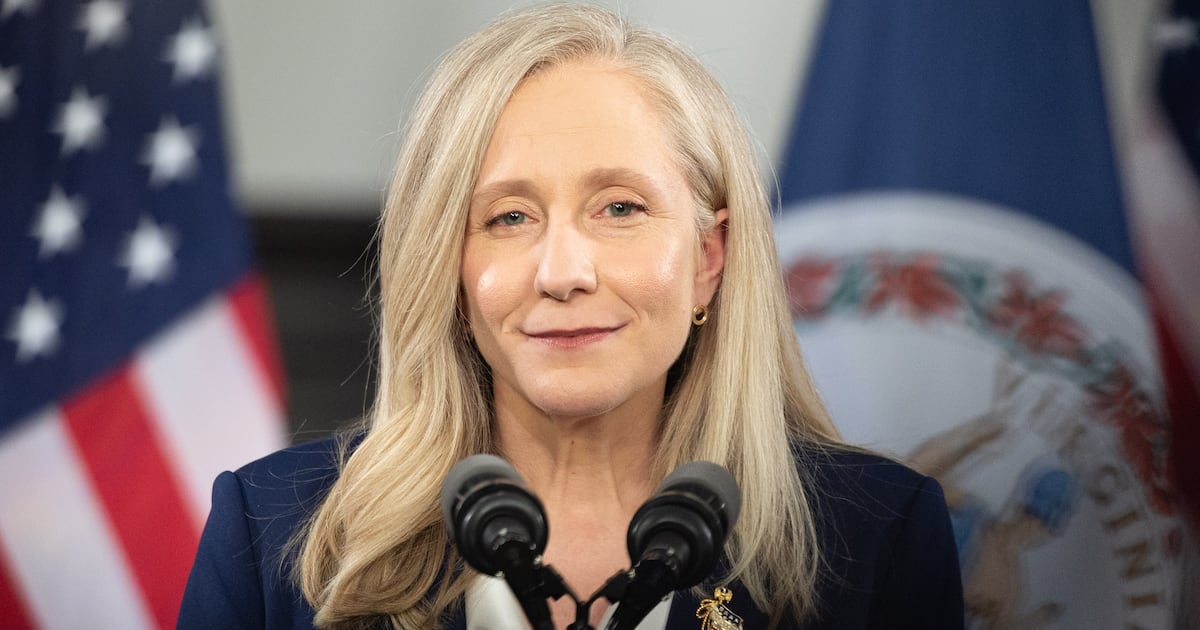
Stop press: It’s just been announced that Icesave, an Icelandic internet bank, has stopped British customers from withdrawing their money. It’s the first bank to refuse to pay out money since the financial crisis began. A small bank in a small country, of little relevance to the rest of us? Perhaps. But then it was the failure of a small bank in Austria which sparked off the Great Crash of 1929. Be afraid. Be very afraid.
Awake this morning to a new villain in the global financial meltdown. No, not Dick Fuld, the avaricious and bombastic boss of Lehman Bros. whom the US Congress yesterday accused of giving massive pay-offs to various executives while rattling the begging bowl in front of the Feds for a taxpayer bailout (and paying himself close to $500m since 2000 for a presiding over the sort of “success” which ends in bankruptcy). No, he was yesterday’s villain; you went to bed with him last night. Roll over, open your eyes and say hello to German Chancellor Angela Merkel.
If President Bush thinks he's done with bank nationalisation he could have another think coming.
The European commentariat decided to blame her this morning for yesterday’s stock market crashes. After her inability to give a straight answer to a simple question—is the German government guaranteeing German bank deposits?—and the confusion over the fate of Hypo, a huge German property lender, which had to be bailed out twice in one week, Europe’s stock markets decided it was time for a selling frenzy.
The British, still happiest when a German as the villain, led the lynchmob. Last night, on BBC TV’s Newsnight (think ABC’s Nightline, but with depth), not just the anchor but studio guests (a former British finance minister and a senior UBS economist) turned on the hapless German ambassador to London, like wolves ravaging a sheep. He tried to argue that the clarity of Ms Merkel’s position had been “lost in translation”—but that doesn’t explain why Germany’s DAX index fell most of all. Clearly Ms Merkel’s financial German is not that much better than her translator’s English.
On the other side of the world comes a chink of light. While you were asleep, Asia-Pacific stock markets bounced from earlier losses after falling sharply in early trading when Australia’s central bank cut interest rates by a full percentage point , more than had been expected; the Sydney market immediately rose 2%. Most Asian markets, including Japan’s Nikkei, still finished Tuesday down on top of yesterday’s collapse—but that Aussie rate cut slowed the slide, in anticipation of rate cuts elsewhere.
That’s why the European markets, largely treading water this morning, are now on hold, as if satiated for the moment after yesterday’s bloodbath (though as I write the London and Frankfurt exchanges, Europe’s two biggest bourses, are still slipping south—there is certainly no upward momentum). The Bank of England is under increasing pressure to cut interest rates on Thursday, European finance ministers gathered in Luxembourg this morning want the European Central Bank to do the same (though they can’t say so out loud) and the word from Washington is that the Fed is also inclined that way.
Interest rate cuts are now taking centre-stage because yesterday’s lifeline—the Bush $700bn bank bailout—doesn’t seem to be having much effect. This morning’s New York Times says that, three days old, it “looks like a pebble tossed into a churning sea...a stopgap for the United States alone. With Europe showing few signs of developing a coordinated response to the crisis, there is very little on the horizon to calm rattled investors.”
The Times is right: the Paulson plan does half the job—buying up the banks’ toxic waste—but it doesn’t do the other vital half: recapitalising the banks’ balance sheets so that they have the strength to start lending again. That’s the big issue in London this morning and will soon be heading across the Atlantic.
It has emerged that the CEO’s of three of Britain’s biggest banks—Royal Bank of Scotland (fifth largest in the world, with huge holdings—Mellon, Citizens—in America), Barclays and Lloyds TSB—had secret meetings with Britain’s Chancellor of the Exchequer (finance minister) yesterday. Top of the agenda: the government (ie taxpayer) pumping $100bn into their balance sheets in return for a temporary equity stake. Prime Minister Gordon Brown is still dithering over this plan (as he’s inclined to do on all big issues). While he ponders, Royal Bank of Scotland shares, already in the dirt, lost another 30% in morning trading. Most of the other big British beasts of the banking world are also taking a battering.
As it dawns on Wall Street that the Paulson plan is not all it was cracked up to be, expect this issue of a government recapitalisation of the banks’ balance sheets to hit the headlines in America too. If President Bush thinks he’s done with bank nationalisation he could have another think coming.
The only man who can afford a smile is Senator Obama. The latest WSJ/NBC poll gives him a six-point lead (49% to 43%) over Senator McCain, which seems pretty decisive to me. The smile will be wiped from his face, however, when he looks at the continuing financial crisis that will be his inheritance.






